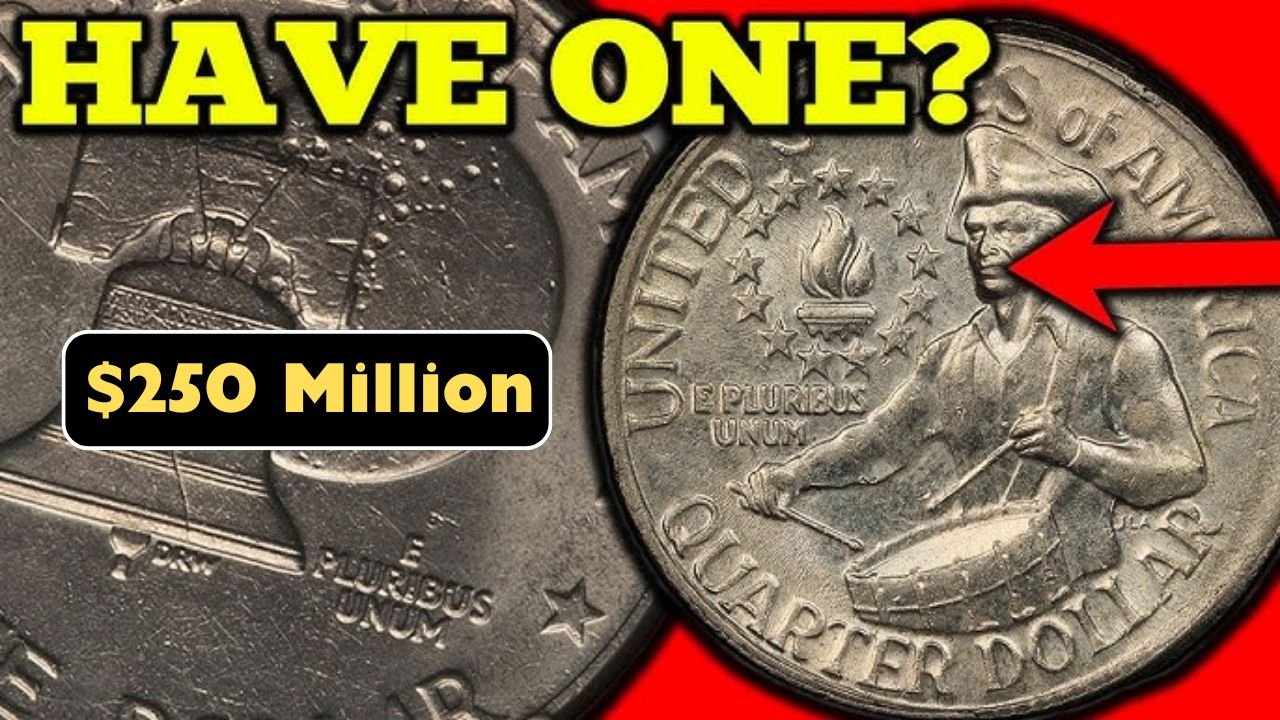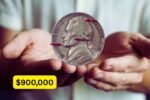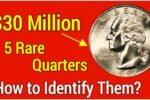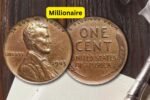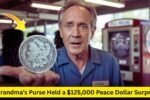Imagine finding a dime or quarter worth $250 million! Rare dimes and Bicentennial Coins, still floating around in pocket change, have some versions so valuable they’re making headlines. From old dimes with tiny errors to 1976 quarters with unique flaws, these coins are sparking a treasure hunt across America. Could one be in your wallet? Let’s explore why these coins are worth a fortune and how you can spot one before it’s gone.
Coins With a Big Story
Dimes and Bicentennial Coins have rich histories. Dimes, like the 1894-S Barber Dime, were everyday money in the late 1800s, while Bicentennial Quarters, minted in 1975 and 1976, celebrated America’s 200th birthday with a drummer boy design. Billions of these coins were made, but a few stand out due to rare minting mistakes or low production. Social media, like posts trending on X, is buzzing with stories of people finding these coins in cash registers or old jars, fueling dreams of striking it rich.
Why Some Coins Are Worth Millions
Not every dime or Bicentennial Coin is a jackpot, but the rare ones are collector’s dreams. The 1894-S Barber Dime, with only 24 made, is rumored to fetch up to $250 million in perfect condition, though recent sales hit $2 million. For Bicentennial Quarters, a 1976-S silver proof with a doubled-die error—where the date or design looks blurry—can be worth $300,000. Other dimes, like the 1916-D Mercury Dime, can bring $100,000 due to low mintage. These rarities drive collectors wild, pushing prices sky-high.
Here’s a quick guide to some valuable coins:
| Year | Coin Type | Estimated Value | Why It’s Rare |
|---|---|---|---|
| 1894-S | Barber Dime | Up to $250 million | Only 24 minted, very rare |
| 1916-D | Mercury Dime | $50,000-$100,000 | Low mintage, high demand |
| 1976-S | Bicentennial Quarter (Doubled Die) | $100,000-$300,000 | Blurry design from minting error |
How to Spot a Million-Dollar Coin
Think you’ve got a treasure? Grab a magnifying glass! For dimes, check the year—1894-S or 1916-D are key. Look for a “D” or “S” mint mark on the back, under the wreath. For Bicentennial Quarters, check for “1776-1976” and look for doubled text or images, especially on the date or drummer. Condition matters: shiny, unscratched coins are worth more. Don’t clean your coin—it lowers value. If you find a promising one, take it to a coin grader like PCGS or NGC to confirm its worth.
Why the $250 Million Hype Is Huge
The $250 million estimate for an 1894-S Barber Dime has sparked a coin-hunting frenzy, though experts say it’s likely exaggerated, with confirmed sales closer to $2 million. Bicentennial Quarters are also hot, with rare error versions fetching high prices at auctions. Posts trending on X share stories of people finding valuable coins in change or family collections, adding to the excitement. But experts warn: fakes are out there, like altered dimes or quarters. Always verify with a pro to avoid scams or overhyped claims.
Start Your Coin Hunt Now
Could a $250 million coin be in your change? It’s worth a peek! Rare dimes and Bicentennial Quarters still show up in circulation, coin rolls, or old piggy banks. Start by checking your dimes and quarters for key years like 1894, 1916, or 1976. Look for errors or mint marks. Be careful of fakes—some coins are tampered with to seem rare. For tips, visit the U.S. Mint’s website or join a coin club. Hunting for these coins is a fun, free adventure, and you might just find a tiny treasure that’s worth a fortune!
